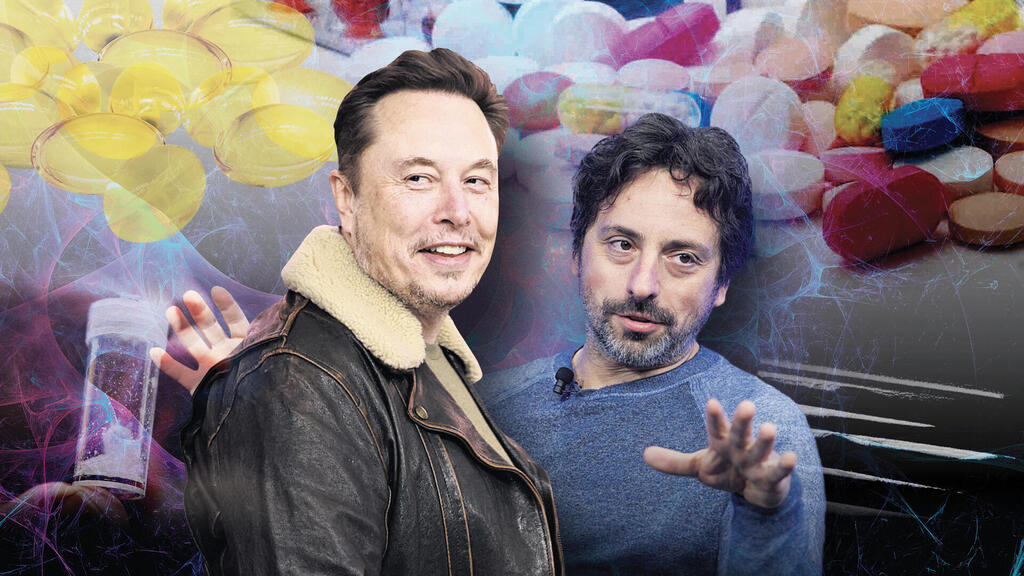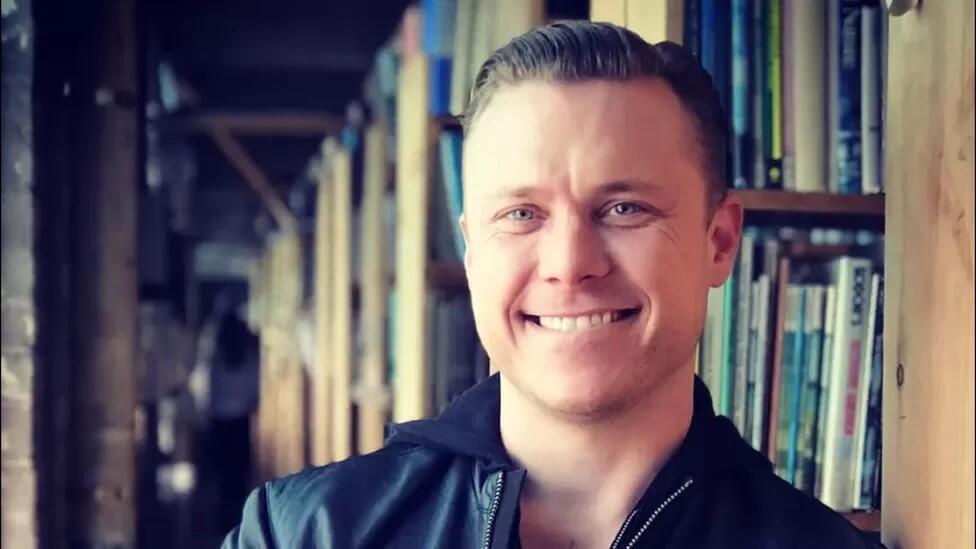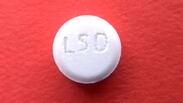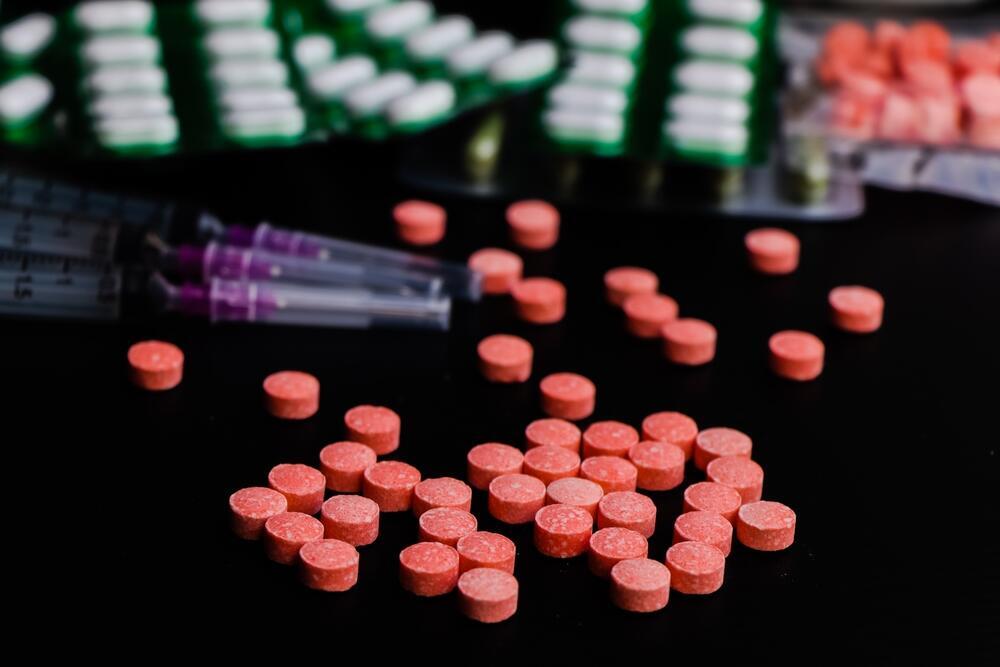“Whatever it is I’m doing, I obviously have to keep doing it.“ That is how Elon Musk responded to allegations leveled against him, alleging that he frequently uses drugs. A linkage between drug-infused lifestyles and the daily existence of the world's richest people has been well documented throughout the years. In this case, the problem doesn’t just end with Musk himself, but rather the nefarious culture this habit cultivates.
Read more:
There’s a reason why Tesla and SpaceX board members have equally indulged, seeing as some of them were afraid to find themselves out of a job should they refuse Musk's overtures to do so. It’s gotten so bad that a former Tesla director, who was quite concerned with how Musk is doping, decided to relinquish her spot for reelection on the company's board of directors.
4 View gallery


Elon Musk and Sergey Brin
(Photo: LAURENT GILLIERON/EPA, AUDE GUERRUCCI/REUTERS, PATRICK T. FALLON/AFP Shutterstock)
It should come as no surprise that Silicon Valley has been quite accepting of the idea of using psychedelics. In fact, Steve Jobs, the late legendary Apple co-founder and CEO, has freely spoken about his use of LSD, and Google co-founder Sergei Brynn has been known to consume the occasional magic mushroom.
That said, what once was simply the routine use in after-work parties has recently become infused into the organizational culture of that industry. Elon Musk, as it turns out, stands right at the epicenter of that phenomenon.
Taking ketamine through a nasal spray and drinking liquid ecstasy out of a bottle of water are simply two of the avenues upon which Musk has been consuming drugs in recent years. In 2018, he was seen using acid at a party that he hosted in Los Angeles, and the subsequent year saw him having lots of fun with some magic mushrooms at a Mexico event. Back in 2021, he took some ketamine for a night out with his brother, Kimbal Musk, in Miami
Musk pointing fingers
Bob Lee, the founder of CashApp, was brutally murdered last April in a secluded valley in San Francisco when he was stabbed to death. Several Silicon Valley notables, including Musk himself, were quick to point the finger at San Francisco city hall, as well as SFPD, for allowing homelessness to spread like a disease and causing the stabbing.
A week later, SFPD arrested some sort of technological advisor by the name of Nima Momeni and charged him with that murder. The investigation helped uncover the lifestyle that Bob Lee, who was 43 at the time of his death, was conducting on a daily basis. It turns out he was part of an underground party scene in Silicon Valley, known as "The Lifestyle", which included a lot of sex and even more drugs.
Those parties frequently featured Khazar, Nima’s younger sister. On April 3, which was a Monday, Khazar arrived at the party that lasted all day long and immediately confronted Lee, demanding to know whether or not he was having an affair with his sister, and if he forced her to do drugs with him. A few hours later, Lee was stabbed to death, supposedly by Mina, whose trial is supposed to open next month. An autopsy revealed a substantial amount of drugs in Lee's system, from cocaine all the way to ketamine.
What Musk attempted to label as "liberal cities crime wave" was actually a rather deadly symbol of an unstoppable culture of drugs, cultivated among the kind of people Musk felt comfortable with.
Recent journalistic investigations have shed light on the widespread use of psychedelic substances within the tech industry. Tech professionals in Silicon Valley perceive substances like psilocybin mushrooms, ketamine and LSD as catalysts for unlocking creativity and achieving business breakthroughs.
Carl Goldfield, a former San Francisco marketer who now advises individuals in the technology field, said, "There are millions of people using psychedelic drugs right now. It's the fastest way to open your mind."
Despite lacking medical qualifications, Goldfield notes a "dramatic" increase in people seeking his guidance. He recommends users take small microdoses, around 10 micrograms, and wait for an hour to gauge the impact. Goldfield describes these substances as "smart drugs" that enhance analytical thinking and self-awareness.
Psychedelic substances are primarily obtained by high-tech users from dealers, although some employ chemists directly. Notably, one dealer in San Francisco, known as "Costco," supplies significant quantities of drugs, playfully named after the popular retail chain.
While some individuals initially experiment with psychedelics for enlightenment or therapeutic purposes, it often leads to more frequent recreational use. Orders for psychedelic parties in Silicon Valley are commonly arranged through encrypted messaging apps like Signal. Participants may be required to sign confidentiality agreements and occasionally contribute hundreds of dollars to join the events.
Spencer Shulem, CEO of the startup BuildBetter.ai, disclosed to The Wall Street Journal that he uses LSD approximately every three months to enhance focus and foster creative thinking. When working, he takes a low dose to avoid visible effects. On other occasions, Shulem indulges in higher doses and embarks on nature trips.
He suggests that the high expectations of venture capitalists and investors drive individuals to explore psychedelics, saying, "Investors don't want a normal person or a normal company. They want something extraordinary, but you're not born extraordinary." Shulem also exercises caution when discussing his LSD experiences at work unless specifically prompted, emphasizing that he does not hold drug-related seminars every Friday.
Tim Sae Koo, the founder of a digital marketing startup in San Francisco, had a transformative encounter with psychedelics at the 2014 Coachella music festival. This experience led him to a profound realization that he had established his business solely to seek approval from his mother, rather than pursuing his authentic aspirations.
"Through exploring the psychedelic realm, I gained clarity that my entrepreneurial journey had originated from a place of personal wounds," he reflected, ultimately deciding to sell his company.
In recent years, Sae Koo has organized retreats in Costa Rica, specifically tailored for hundreds of technology entrepreneurs and CEOs who engage in various practices, including the consumption of psychedelic brews.
It is worth noting that this trend extends beyond Silicon Valley. Aaron Rodgers, New York Jets quarterback, said his psychedelic encounter in Costa Rica had a profound impact on his life. "I discovered a deeper sense of self-love and gained a clearer understanding of my purpose in the world."
California-style wake-and-bake
The market value of psychedelic drugs in the United States, including companies involved in research and experiments to facilitate their use, is projected to reach $11.8 billion annually by 2029, compared to $4.9 billion in 2022.
Rick Dublin, the founder of MAPS (Multidisciplinary Association for Psychedelic Studies), witnessed a significant increase in attendance at his psychedelic conference in Denver. Last year, approximately 12,000 participants attended, compared to only about 3,000 six years ago.
The risks associated with using psychedelic drugs for recreational purposes, especially when determining dosages independently, are widely recognized. Alex Penrod, an addiction specialist from Austin, Texas, who advocates for the use of psychedelic substances with the guidance of qualified therapists, explains, "When you use powerful substances without the assistance of professionals, there will be those who fall into self-destruction instead of self-healing."
This unfortunate scenario unfolded for Tony Hsieh, the former CEO of Zappos, who tragically passed away in 2020 due to injuries sustained in a house fire. Hsieh believed that ketamine could enhance his performance at work in the company, which was owned by Amazon. However, his usage escalated to an excessive level. Under pressure from Amazon, Hsieh resigned shortly before his untimely demise.
As part of his personal journey, which has been extensively examined in investigations, it has been recently reported, including in Israel, that Musk exerts aggressive pressure on his colleagues and business partners to engage in drug use during parties. It appears that individuals on the boards of his various companies participate in these activities simply to maintain their proximity to the world's richest man.
Many companies do not conduct regular employee drug testing, and the only ones who express concern are board members of public companies, such as Tesla, who fear potential liability for illicit activities.
S.O. Svensson, a former employee at Tesla's California factory, shared with U.S. media outlets that while the company has a drug policy, it demonstrates a lenient attitude toward cannabis and psychedelic drug use outside of work, with no routine testing for employees. Svensson revealed that it was considered acceptable to consume cannabis or psychedelic substances and still come to work, a practice referred to as the "California-style wake-and-bake." He personally consumed small amounts of LSD or indulged in chocolate infused with magic mushrooms, occasionally after work or on weekends. "Each day, I felt a bit more brilliant," he remarked, noting that he found validation in Musk's occasional drug-related jokes on X.
In 2022, Svensson left the company and was not permitted to return to work after offering to sell cannabis-infused brownies to a fellow employee who turned out to be an undercover agent. Despite attempting to reach out to his superiors for an appeal, he received no response after sending a direct email to Musk.
(Almost) no one is above the law
According to The Wall Street Journal, even Founders Fund, a venture capital firm founded by Peter Thiel, one of the co-founders of PayPal and an early investor in Facebook, organized exclusive meetings involving the use of psychedelic drugs. In response, the company said, "Research shows that psychedelic drugs can provide significant mental health benefits, and we support public and private sector efforts to make these drugs available safely and legally."
This raises the simple question of the law. Most of these drugs are illegal, and individuals who are not billionaires with huge U.S. government contracts end up in prison for much less. Illegal drug use also violates federal policy, and at least in relation to Musk, it could jeopardize trillions of dollars in investor assets, tens of thousands of jobs and significant portions of the U.S. space program, which are increasingly reliant on Musk's SpaceX.
A recent Washington Post report reads, "There are many reasons why the U.S. government conducts drug tests on employees: people who violate drug laws are more susceptible to extortion, drugs can lead employees to behave erratically, and simply because rules are rules. All of this applies to employees at all levels, so why doesn't it apply to the richest person in the world, whose every word can move markets and create international conflicts? The fact that a private individual can hold such immense economic and political influence is troubling in itself, but it is even more concerning if that individual exhibits unstable behavior, and it is truly frightening if that individual also uses drugs."




